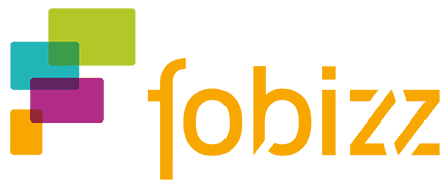Welcome to the SDG Awards, a distinguished recognition program honoring the remarkable contributions of individuals, organizations, and initiatives in championing the United Nations’ 17 Sustainable Development Goals (SDGs).

Digital Literacy: Provides professional development and resources for educators, helping to reduce digital literacy gaps reducing educational inequalities.
SDG Awards, hosted by the SDG Alliance of the European Technology Chamber since 2019.